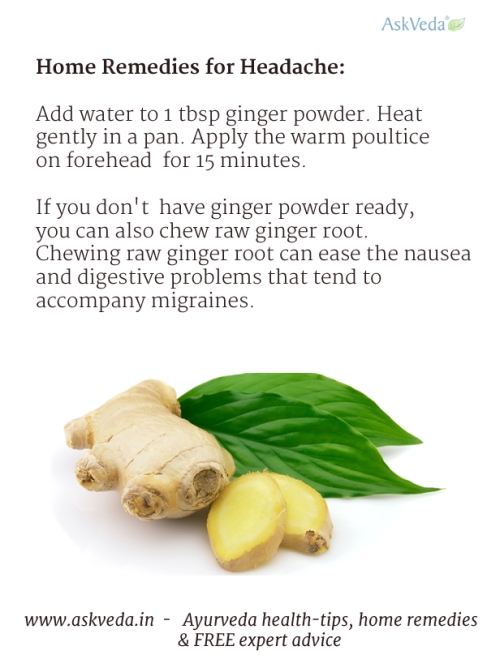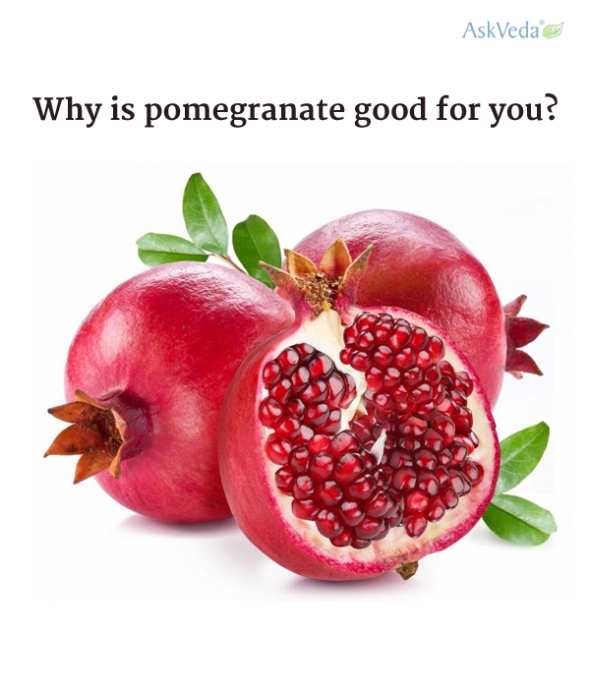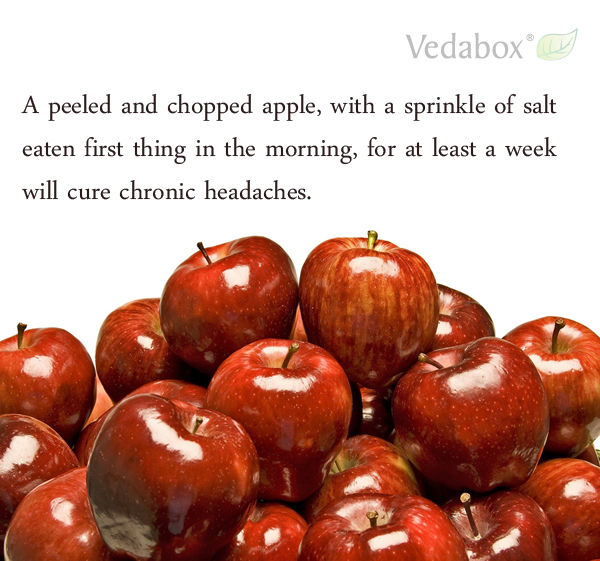
Tips for Avoiding Summer Migraines and Headaches – Headache caused by summer heat is cured by consuming watermelon juice.
Also read our blog about the Migraine and home remedies at https://vedabox.wordpress.com/2013/04/12/suffering-from-migraine-try-this-home-remedy-from-vedabox/
==> www.Vedabox.com for FREE email consultation with our experts
Seasonal changes and types of pollen in the air in summer which may serve to trigger headaches and migraines among people who prone to these conditions.But the good news is that most people can control summer headaches by taking sensible precautions against the heat. Many people experience migraines and headaches after they have spent time in the summer sun without the protection of a hat or sunshade.
Not everybody who suffers migraines finds the summer months to be their worst season. Some find the cold winter months harder to endure. The best way to keep track of your migraine triggers is by keeping a headache journal and utilizing that information to prevent migraine attacks. Some weather-related headache symptoms are out of our control- barometric pressure changes, for one. If summertime is a particularly difficult migraine season for you, then be extra vigilant with migraine triggers that you can control.
Barometric pressure changes: Sadly, a migraineur can do little about air pressure variances. Check weather reports frequently, so you can at least be prepared. Avoid flights when at all possible.
Tree pollen and grass allergies: Even with springtime gone, pollen often lingers into summertime. Summer thunderstorms often spread bits of tree and grass pollen. If you have an allergic reaction to pollen, then keep doors and windows closed during peak periods. Alternatively, investing in an indoor air filter will deliver relief.
The heat: Yes, it’s hot, and that means that your body temperature is hotter than usual, as well. Changes in body temperature may trigger migraines. If you’re going out in the sun, wear a broad-brimmed hat, bring an umbrella, and seek shade whenever possible.
Bright lights: Migraine patients are extremely sensitive to bright lights, in addition to scents and sounds. For that reason, many migraineurs find relief in wearing tinted sunglasses outdoors and avoiding brightly lit or noisy scenarios, such as indoor basketball games or shopping malls. Rainbow Colored Sunglasses that Prevent Migraines
Humidity can be irritating, but if you’re a migraineur, it may contribute to your headaches. Scents we would ordinarily not notice become more profound in humid weather. Migraine patients, who are more sensitive to sensory experiences, find that unusual smells trigger migraine attacks.
Dehydration: One common cause of headaches, for migraineurs and non-migraine sufferers alike, is dehydration. If you exercise regularly, then make sure to keep a sports bottle handy. Always bring water with you before you leave the house, and store extra bottles in your car for emergencies. If you spend a lot of time in an air-conditioned environment, you’ll need to drink extra. Also read 15 Tricks for Staying Hydrated and Avoiding Migraines.
Over-hydration: Yup, it’s no joke. Drinking too much water can upset your balance of electrolytes, causing a headache.
Vacation: When we let go of our stress, headaches soon follow. At least, that’s what many health experts say. The first few days of a holiday season or vacation, the first day of the weekend- these are all red-flag periods for migraine attacks.
Changes: Migraine patients don’t handle change well, say headache doctors. Summer vacations often lend themselves to oversleeping, afternoon napping, and eating at unusual times of the day. Try to stick to your everyday sleep and eating schedule, even when time is at your disposal.
High altitudes: Some of our favorite summertime pastimes include camping by a mountain lake, sightseeing, and taking long canyon drives to the beach. If high altitudes give you migraine headaches, then don’t be caught off guard. Before hopping on that bus to the coast, check your map for any nearby mountain ranges. When traveling, always carry your migraine medications with you.
Alcohol use and summertime just seem to go together- whether it’s Fourth of July barbecues, Memorial Day picnics, or just hanging out on the front porch, you might be tempted by an ice-cold beer or a fruity wine cooler. If alcohol is a headache trigger for you, then strengthen your resolve to say no. If you’re going to a party, take along some favorite nonalcoholic beverages, and bring enough to share.
Scented creams and salves: Try to avoid using scented sunscreen lotions, sunburn relief ointments, or bug sprays, as strong perfumes often cause migraines. Health food stores such as Whole Foods or Trader Joe’s have an extensive selection of natural, perfume-free skin and hair products. For more info, read Perfumes and Migraines: The Good, the Bad, and the Downright Stinky.
Medications left out in the heat might lose their potency. Read the warning labels on any new migraine treatments, and don’t leave your medicine bag in the car when the sun is high.







